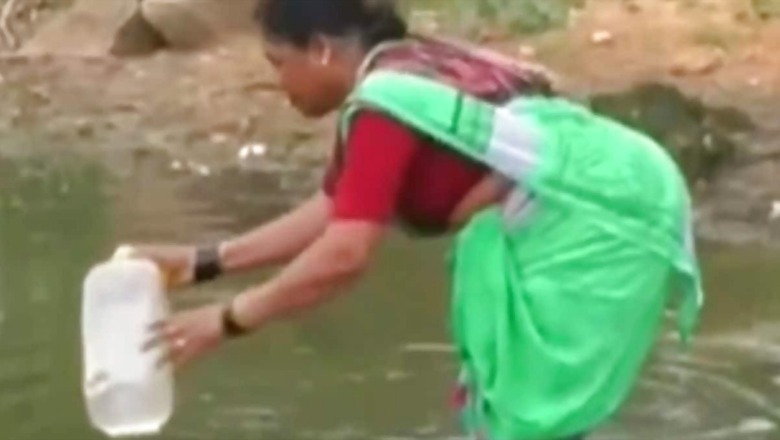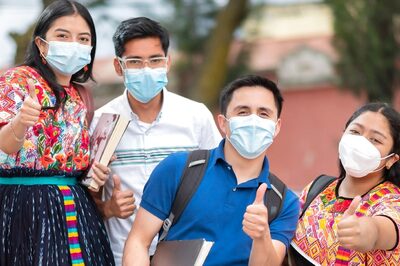
views
Rayalpadu is a village in the Srinivasapura taluk of Kolar district, located near the Andhra Pradesh border. Despite the government installing a water filter in the village, residents continue to rely on water from a local lake for their daily drinking needs. For the past 15 years, villagers have exclusively used this lake water, viewing it as their primary source. The lake also provides drinking water to over 1,500 people from the neighbouring villages.
The lake in Rayalpadu spans about 26 acres and is locally referred to as the “upper lake.” Villagers rely on this rain-fed lake water because it collects water from the surrounding hills. These hills are covered with forests, and the villagers believe that the water flowing down from them contains medicinal properties. This belief is so deeply rooted that they have been using the lake water for drinking for over a decade and a half.
Interestingly, the people of Rayalpadu have not experienced any health issues related to drinking this water. They hold the belief that the medicinal properties of the lake water prevent ailments like joint pain and keep their bones strong. This has led to a tradition where, even today, many households follow the advice of elders and continue to drink the lake water instead of using government-provided filtered water.
In this rural area, where people typically head to work every day, villagers gather at the lake early in the morning to collect water in pots to carry back to their homes. Some continue fetching water throughout the day. To preserve the purity of the lake water, certain activities such as washing clothes, bathing, fishing, and using the water for agricultural purposes have been strictly prohibited by the locals.
Historical records suggest that during the reign of the Mysore Maharajas, kings and royals travelling toward Andhra Pradesh would stop by this lake to drink its water and rest. Despite the modern availability of filtered water, the residents of this Kolar village insist that their lake water is healthier, saying that it has never harmed their well-being.




















Comments
0 comment